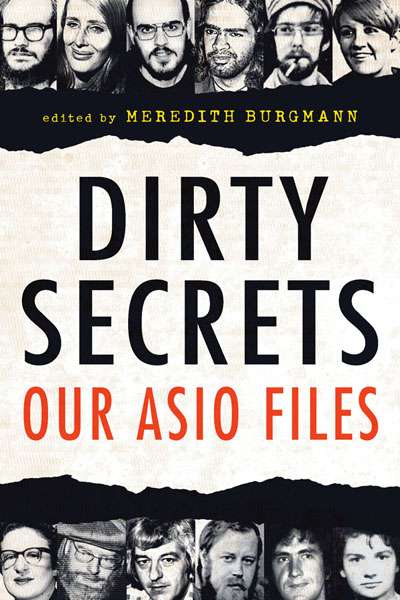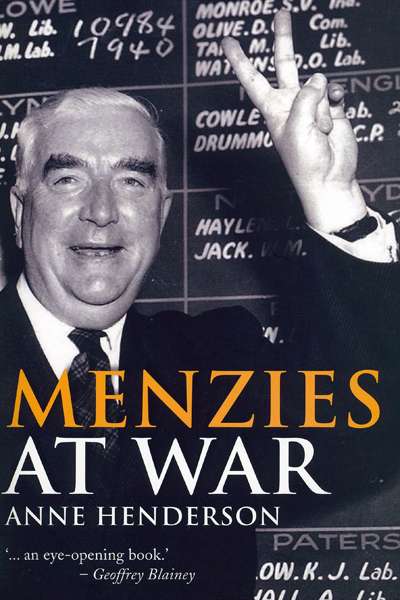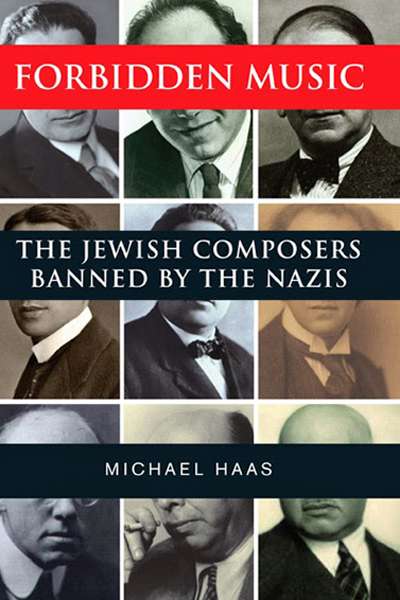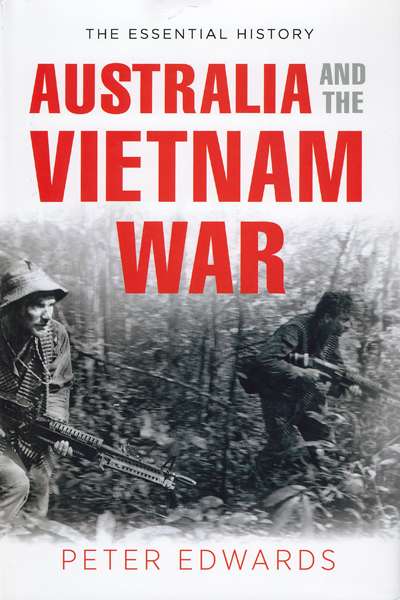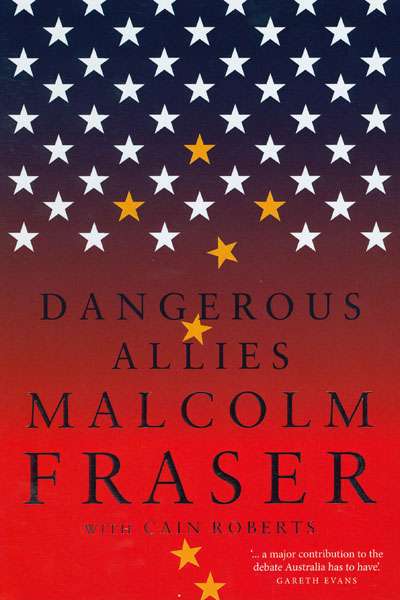History
Wilhelm II: Into the abyss of war and exile, 1900–1941 by John C.G. Rohl
by Miriam Cosic •
The Commonwealth Games: Extraordinary stories behind the medals by Brian Oliver
by Bernard Whimpress •
Forbidden Music by Michael Haas & Hollywood and Hitler by Thomas Doherty
by Michael Morley •
Lines of Descent: W.E.B. Du Bois and the emergence of identity by Kwame Anthony Appiah
by Luke Horton •
Inside the Dream Palace: The life and times of New York's legendary Chelsea hotel by Sherill Tippins
by Ian Dickson •
The Literary Churchill: Author, reader, actor by Jonathan Rose
by Richard Toye •
Dangerous Allies by Malcolm Fraser, with Cain Roberts
by Alison Broinowski •

